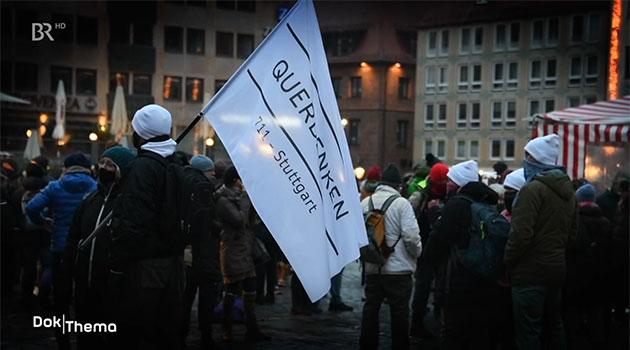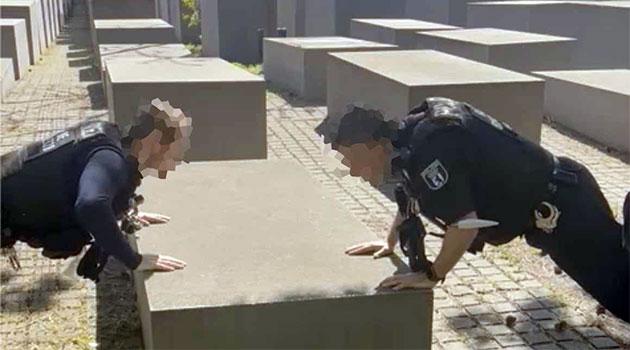German counter-intelligence says right-wing extremist numbers growing as people radicalize in response to COVID-19

In Germany the number of ultra-right radicals is growing, and with their increasing numbers comes more willingness to commit violence. Thomas Haldenwang, head of the Federal Office for the Protection of the Constitution (BfV), the institution that functions as Germany’s civilian counter-intelligence service, announced those findings in an interview with the Funke media group.
Adherents of the ultra-right in Germany, according to the annual reports of the BfV, have been growing in numbers year by year, and the COVID-19 pandemic is contributing to the growth. On the other hand, left-wing radical numbers are basically unchanged.
“I am not yet able to mention concrete numbers,” Haldenwang said. “The tendency is clear, though. The number of right-wing extremists is rising and along with their number, their readiness for violence,” he said, adding that the problem is the further radicalization of ultra-right sympathizers and those opposed to quarantine restrictions.
“Among the right-wing extremists who gravitate toward violence and among radicalised circles of protesters against COVID-19 measures, all scenarios are possible,” Haldenwang said. He noted that while there is a difference between debating violent action and actually undertaking it, it is a difference that can be easily overcome.
As an example, he mentioned the September case from the West German town of Idar-Oberstein, where a man refusing to wear a respirator shot dead an employee of a gas station. When the cashier refused to sell the man a beer because he was failing to cover his respiratory tract, the man shot the cashier dead.
“Such irrational explosions of violence based on grudges or feelings of powerlessness are not unlikely in the future,” Haldenwang said. He also pointed out that while massive demonstrations are no longer being held against quarantine restrictions, as they were last year in Berlin or Stuttgart, the number of smaller protests has increased and they have spread all over Germany.
These demonstrations are frequently spontaneous, without being announced to authorities. Opponents of the measures taken to counter the COVID-19 pandemic are aiming their anger at experts, health care workers, politicians and the press, among others.
Petra Köpping, the Saxon State Social Affairs Minister who is in charge of health care and combating the pandemic, recently was targeted by unannounced demonstrations. Demonstrators carrying lit torches assembled in front of her home after dark, which many politicians including German Chancellor Olaf Scholz criticized as unacceptable.
Saxon State Prime Minister Michael Kretschmer had to face similar actions at the beginning of the year when a group of protesters startled him as he was clearing the snow in front of his home. Radical opponents of vaccination against COVID-19 also discussed possibly murdering him, using the encrypted communications network Telegram.
Police subsequently arrested several suspects in association with those plans. The German Interior Ministery has long called the ultra-right scene the country’s biggest security threat. According to the BfV annual report published in June this year, the authorities recorded the existence of 33 300 right-wing radicals in Germany in 2020, of whom 13 300 probably would be willing to go as far as committing violence.
There is a similarly large number of left-wing extremists in Germany, but their willingness to commit violence is lower. Haldenwang said Islamist radicals also pose a danger.
The counter-intelligence chief said that in the new year many people could be released from German prisons who are currently serving sentences for involvement with the so-called Islamic State (IS) terrorist organization. “We have to know what is happening in the prisons and who else is radicalizing,” he said, adding that many of those who returned to Germany after their engagement abroad with IS are not abandoning their radical attitudes.
